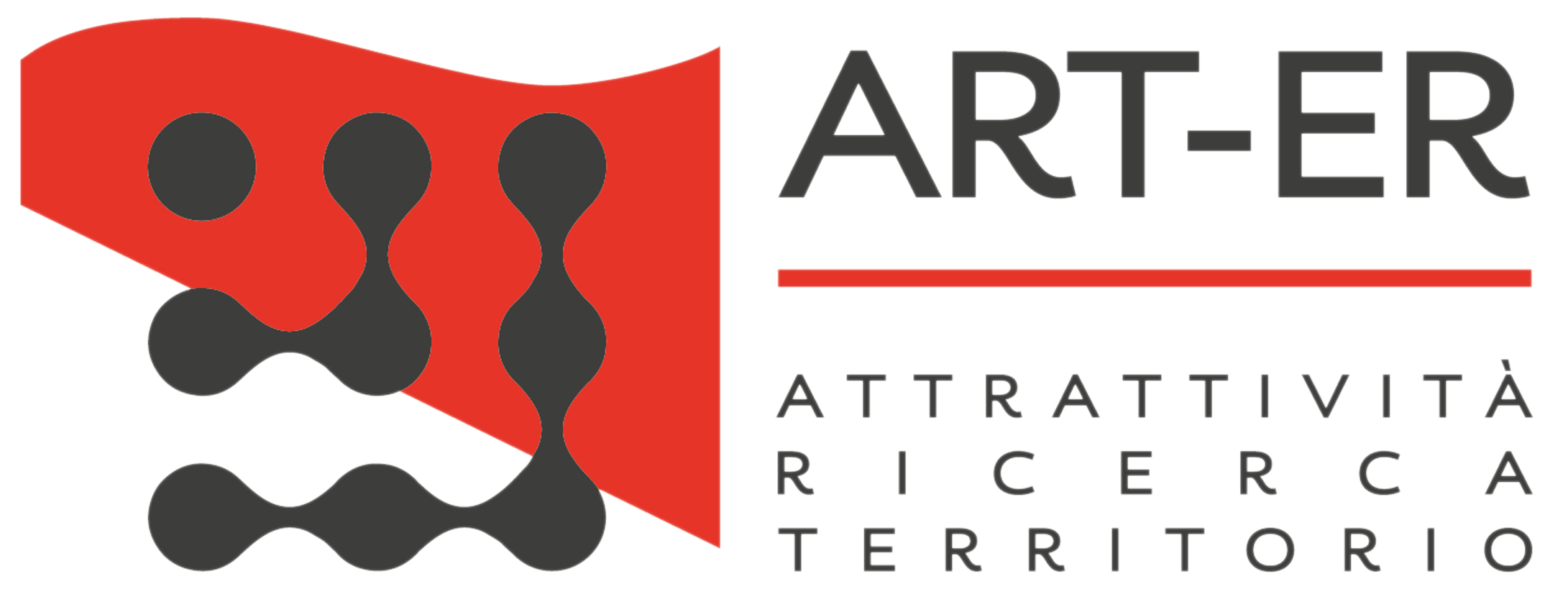Targeting Circadian Clock Dysfunction in Alzheimer’s Disease
THE PROJECT
The joint doctoral program “Targeting Circadian Clock Dysfunction in Alzheimer’s Disease” (TClock4AD) is funded under the Horizon Europe Marie Skłodowska-Curie Doctoral Networks and aims to train PhD students through an international consortium of universities, research institutes, SMEs, a hospital, a patient association and other socio-economic actors from different European and non-EU countries.
Recent Nobel Prize-winning discoveries on circadian clock (CC) have laid the foundation for ground-breaking approaches to treat many diseases, including Alzheimer’s disease (AD). AD is a current public health priority. Amplifying the demographic burden of the rising numbers of patients is the low success rate of AD therapies. Given that CC genes regulating memory, sleep, and neurodegeneration have altered expression profiles in AD, CC has recently emerged as a viable therapeutic target for new effective drugs. However, how to develop them remains a fundamental challenge.
The TClock4AD Doctoral Network aims to create a new generation of researchers able to face the challenge of developing new therapies against Alzheimer’s Disease by harnessing neurobiology, medicinal chemistry, pharmaceutical nanotechnology, neuroimmunology, big data, bioinformatics, and entrepreneurship. TClock4AD will exploit unique expertise and advanced technologies among the partners of the project and will deliver double degrees to 17 doctoral candidates, with Triple-I knowledge/skills, broad vision and a business-oriented mindset.
THE PARTNERS
The consortium consists of 13 beneficiaries and 14 Associated Partners.
- ALMA MATER STUDIORUM – Università di Bologna
- Nostrum Biodiscovery
- University of Lisbon
- University ff Hradec Králové
- University of Santiago de Compostela
- Tel Aviv University
- Imdea Nanociencia
- Istituto di Ricerche Farmacologiche Mario Negri
- Biofabics
- University of Würzburg
- University of Verona
- The Foundation For Research And Technology – Hellas (FORTH)
- Ghent University
- Teesside University (Associated Partner)
- University of Pittsburgh (Associated Partner)
- Alnylam Pharmaceuticals (Associated Partner)
- BioTalentum Ltd (Associated Partner)
- NeuroScios Ltd (Associated Partner)
- Circadian Therapeutics (Associated Partner)
- AnkarPharma (Associated Partner)
- Clust-ER Health (Associated Partner)
- Federazione Alzheimer Italia (Associated Partner)
- Universidad Complutense de Madrid (Associated Partner)
- Capital Medical University (Associated Partner)
- She is a scientist (Associated Partner)
- Cyanagen (Associated Partner)
- Universitat de Barcelona (Associated Partner)
THE ROLE OF CLUST-ER HEALTH
As an Associated Partner, Clust-ER Health does not receive funding from the European Commission. However, we are involved in the implementation of some activities of the project together with participants of the consortium. Indeed, Clust-ER Health is devoted to dissemination and communication of research, as well as exploitation of knowledge and technology transfer. We will provide trainings in transferable skills, including public engagement, technology transfer and gender equality improvements.
Clust-ER Health will use its expertise in research innovation and technology transfer to support the timely commercial exploitation of the results. It will also provide an interactive and updated vision of modern communication techniques in the pharmaceutical sector. The training of PhD students in medical writing and scientific communication will be based on new trends and with an international perspective.
THE ROLE OF THE MEMBERS INVOLVED
The University of Bologna is the coordinator of the TClock4AD project, meaning that they are the central contact point and represent the consortium towards the European Commission. They are also in charge of the management of the overall smooth and timely operation of the project on aspects including technical, administrative, training, research integrity, etc.
UNIBO will be the primary supervisor of 3 PhD students and carry also the role of secondary supervisor for another 6 PhD students. They will lead a task on the identification of relevant drugs that target the circadian rhythm using the drug discovery strategy called Proteolysis Targeting Chimera (PROTAC).
In addition, UNIBO are the co-leader of a work package dedicated to the network training, aimed at organising and scheduling the network training events (workshops, summer schools…) and the secondments, and monitoring the local training courses.
Cyanagen is one of the 14 Associated Partners and will provide the opportunity for the young researchers involved to experience first-hand the industry working practice by carrying out research periods (secondments) at its premises. They will also participate in the delivery of training courses and workshops, on themes including support for entrepreneurship. This will support the development of the fellows’ creative & innovative thinking, and build-up business-oriented mindsets.

To learn more, visit the official website

Funded by the European Union. Views and opinions expressed are however those of the author(s) only and do not necessarily reflect those of the European Union or the European Commission. Neither the European Union nor the European Commission can be held responsible for them.




